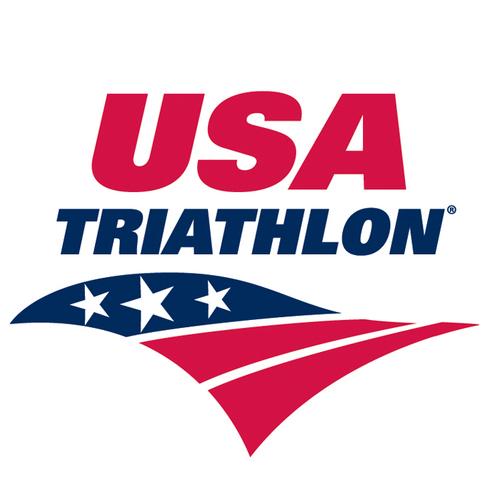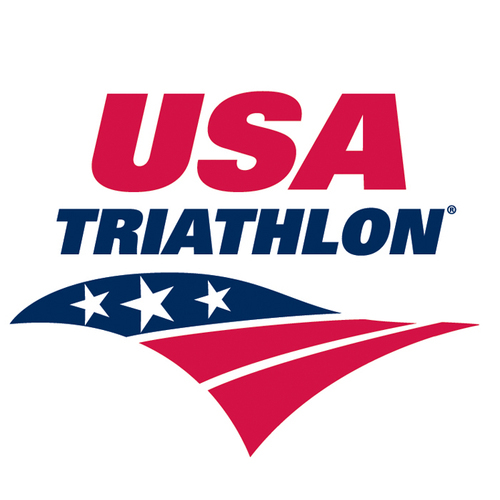
 USA Triathlon confirmed the four events that will be contested as part of the 2017 women’s varsity collegiate triathlon season, culminating in the Women’s Collegiate Triathlon National Championship on Nov. 5 in Tempe, Arizona. The National Championship event will be held on and around the campus of Arizona State University, whose collegiate women earned the team national title in 2016. The 2017 event will mark the third Women’s Collegiate National Championship since triathlon became an NCAA Emerging Sport for Women in 2014.
USA Triathlon confirmed the four events that will be contested as part of the 2017 women’s varsity collegiate triathlon season, culminating in the Women’s Collegiate Triathlon National Championship on Nov. 5 in Tempe, Arizona. The National Championship event will be held on and around the campus of Arizona State University, whose collegiate women earned the team national title in 2016. The 2017 event will mark the third Women’s Collegiate National Championship since triathlon became an NCAA Emerging Sport for Women in 2014.
The National Championship and three regional qualifiers will follow the competition structure and rules implemented in 2014 for the inaugural season, with a maximum field of 75 women racing on a draft-legal 750-meter swim, 20-kilometer bike, 5-kilometer run course.
The season begins on Sept. 4 with the central regional qualifier in Naperville, Illinois, at North Central College, an NCAA women’s triathlon institution. The west regional qualifier will be held Sept. 30 in Berkeley, California, at the University of California. The final qualifier of the year, the east regional qualifier, is set for Oct. 7 in Sarasota, Florida. Teams and clubs will receive an invitation to register for the regional qualification events.
The top three five-woman teams from each regional qualifier, as well as a minimum of the top two individual women from those events, will automatically earn a spot for the Women’s Collegiate Triathlon National Championship on Nov. 5. The National Championship field will be limited to 75 women comprised of NCAA Varsity Programs and, dependent on the number of registered athletes, USA Triathlon-registered collegiate club teams. More information on invitation criteria is available at usatriathlon.org/ncaa.
Clermont, Florida, was the site of the inaugural women’s National Championship event in 2014, with Kelly Kosmo of UCLA taking the individual win. Clermont hosted again in 2015, as Colorado’s Abby Levene came away with the individual win and Queens University of Charlotte took the first-ever team title. The 2016 edition was held in New Orleans, with Montana’s Erika Ackerlund taking first as an individual and Arizona State University earning the team title.
Triathlon received overwhelming approval through a voting process in Jan. 2014 at the NCAA Convention in San Diego by Division I, II and III colleges and universities to be included as an NCAA Emerging Sport for Women, and has a 10-year window to demonstrate sustainability as an NCAA sport option.
For more information on triathlon as an NCAA Emerging Sport for Women, visit usatriathlon.org/ncaa. For questions regarding events and programming, as well as invitation requests for the Women’s Collegiate Triathlon season events, contact Jessica Welk at Jessica.welk@usatriathlon.org.
2017 Event Schedule
Women’s Collegiate Triathlon Central Regional Qualifier
Sept. 4
Naperville, Illinois
Women’s Collegiate Triathlon West Regional Qualifier
Sept. 30
Berkeley, California
Women’s Collegiate Triathlon West Regional Qualifier
Oct. 7
Sarasota, Florida
2017 Women’s Collegiate Triathlon National Championship
Qualification required
Nov. 5
Tempe, Arizona
About USA Triathlon: USA Triathlon is proud to serve as the National Governing Body for triathlon, as well as duathlon, aquathlon, aquabike, winter triathlon, off-road triathlon and paratriathlon in the United States. Founded in 1982, USA Triathlon sanctions more than 4,300 races and connects with nearly 500,000 members each year, making it the largest multisport organization in the world. In addition to its work with athletes, coaches, and race directors on the grassroots level, USA Triathlon provides leadership and support to elite athletes competing at international events, including International Triathlon Union (ITU) World Championships, Pan American Games and the Olympic and Paralympic Games. USA Triathlon is a proud member of the ITU and the United States Olympic Committee (USOC).

There are no comments
Please login to post comments